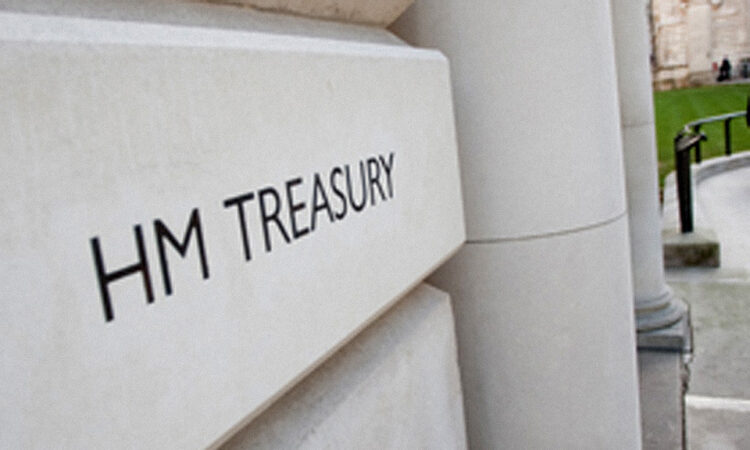
- UK leads on first of its kind global commitment to combat offshore crypto tax evasion
- Minister Victoria Atkins praises international cooperation to close gap in global tax system and potentially recoup hundreds of millions of pounds in lost revenue
- landmark agreement follows UK leadership on historic G20/OECD global tax deal agreed in 2021, that clamps down on corporate tax avoidance and will ensure the right tax is paid in the right place
The Crypto-Asset Reporting Framework (CARF), spearheaded by the UK, is the OECD’s latest flagship tax transparency standard. It will mean crypto platforms will need to start sharing taxpayer information with tax authorities, which currently they do not do, ensuring these authorities can exchange information to enforce tax compliance. The CARF is expected to take effect in time for exchanges with other countries to start from 2027.
Today’s milestone follows 2021’s two pillar global tax agreement, which aims to ensure that the right tax is paid by businesses where they operate and cracks down on large multinational enterprises avoiding tax through a 15% global minimum rate.
Financial Secretary to the Treasury, Victoria Atkins, said:
“I am proud that the UK is once again demonstrating leadership on tackling global tax evasion, helping to secure the revenue that’s essential for the public services we all use.
“Today we are sending out a strong message that we will not allow criminals to use crypto to avoid paying their fair share.”
The CARF will build on the existing system tax authorities use to share information with each other, called the Common Reporting Standard. This has already been hugely successful in tackling offshore tax evasion, with almost £100 billion in additional tax revenue recovered from traditional financial assets since its inception in 2014.
The new framework announced today will be essential to counter the increasing level of tax avoidance brought about by the rapid growth of the global crypto market, with some estimates suggesting that tax non-compliance on crypto-asset holdings could range from as high as 55% to 95%.
The UK, which stands to potentially recoup hundreds of millions of pounds as a result of the CARF’s implementation, used its position as a global leader in tax transparency to scope, negotiate and finalise provisions for CARF while galvanising international support.
Further information
- Read the OECD Crypto-Asset Reporting Framework (CARF).
- The ‘Global Forum on Transparency and Exchange of Information for Tax Purposes’, a forum of 168 countries convened under the auspices of the OECD, has received a mandate from the G20 to oversee widespread implementation of the CARF. The CARF has also been endorsed by the G7.
- The joint statement aims to reinforce this mandate and provide support to the Global Forum in its work by demonstrating early momentum.






